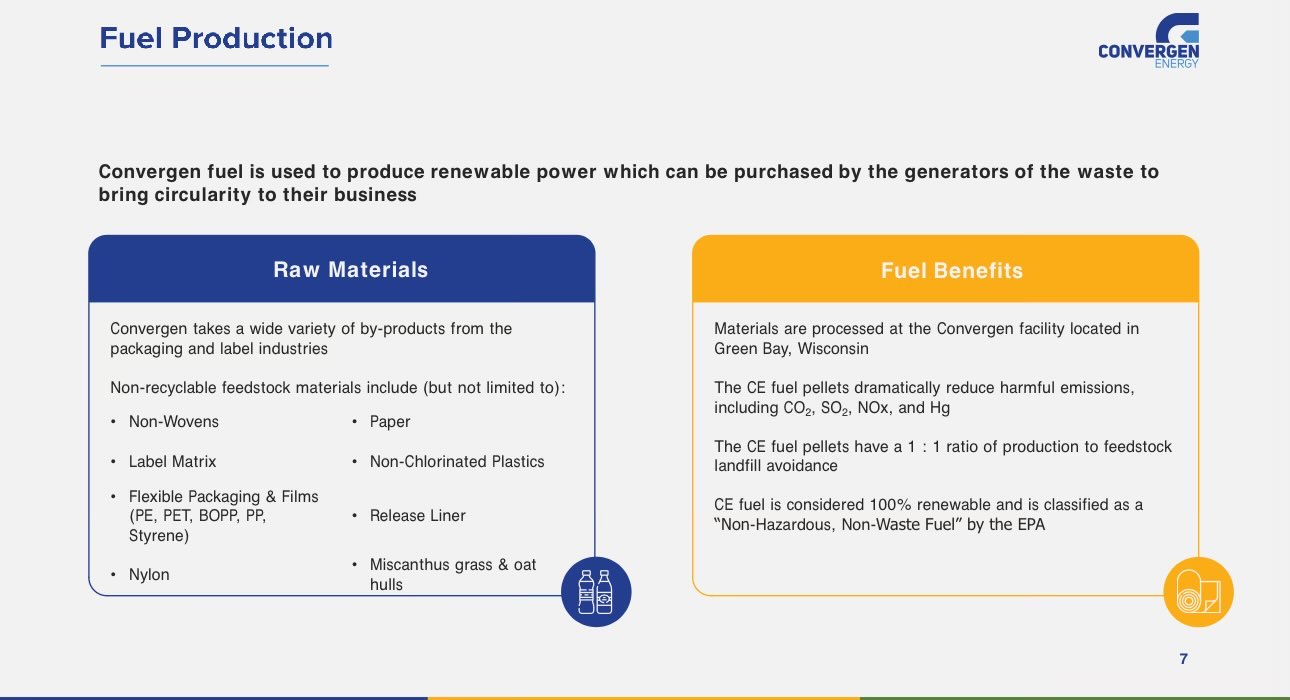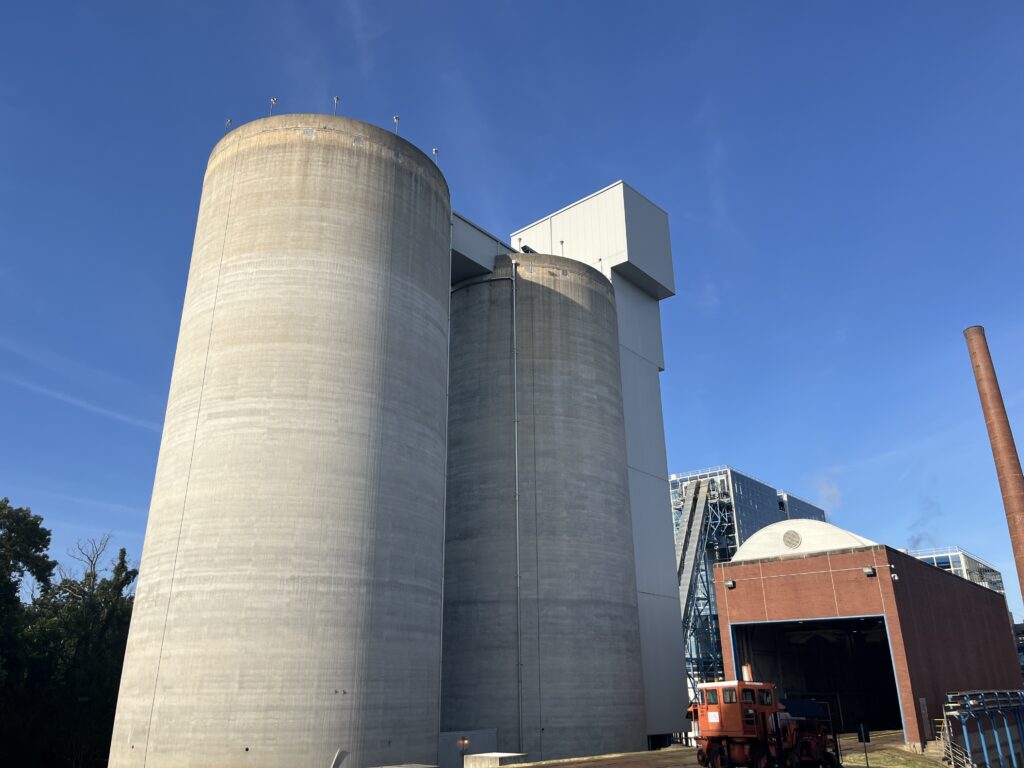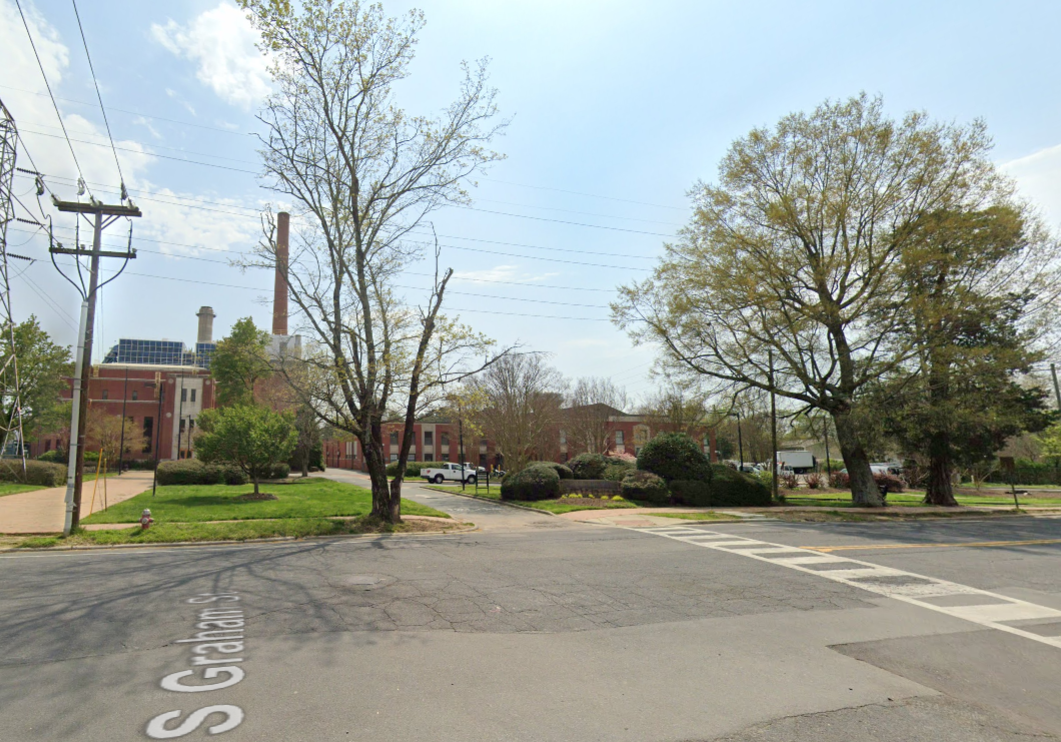UNC-Chapel Hill is asking state and federal environmental agencies to allow it to test a new fuel to replace coal at its co-generation station on Cameron Avenue.
Plans for what’s called the Engineered Pelletized Fuel Source Project are part of an application filed late last month with the state’s Division of Air Quality to test fuel pellets with a far lower carbon output than coal.
According to a description of the project, the pellets are produced “from non‐recyclable feedstock materials provided by local manufacturing facilities” by Convergen Energy, at its Green Bay, Wisconsin facility.

Convergen and UNC’s application assert the fuel meets the requirements of non-hazardous materials allowing it to be used safely.
A company document provided as part of the application says the pellets are made from a mix that’s 60% to 80% cellulose fiber and 15% to 40% polymer (plastic). The primary polymer types are listed as polyethylene, polypropylene, polyester and nylon. Although a laboratory analysis of the fuel showed “negligible concentrations” of per- and polyfluoroalkyl (PFAS), UNC plans to conduct additional testing “to ensure concentrations of PFAS remain negligible.”
If approved, testing would begin in the summer of 2025 and last 12 months, after which, if successful, UNC would seek a permit change to allow regular use of the new fuel. The application states that the fuel could eventually replace all coal combustion.


